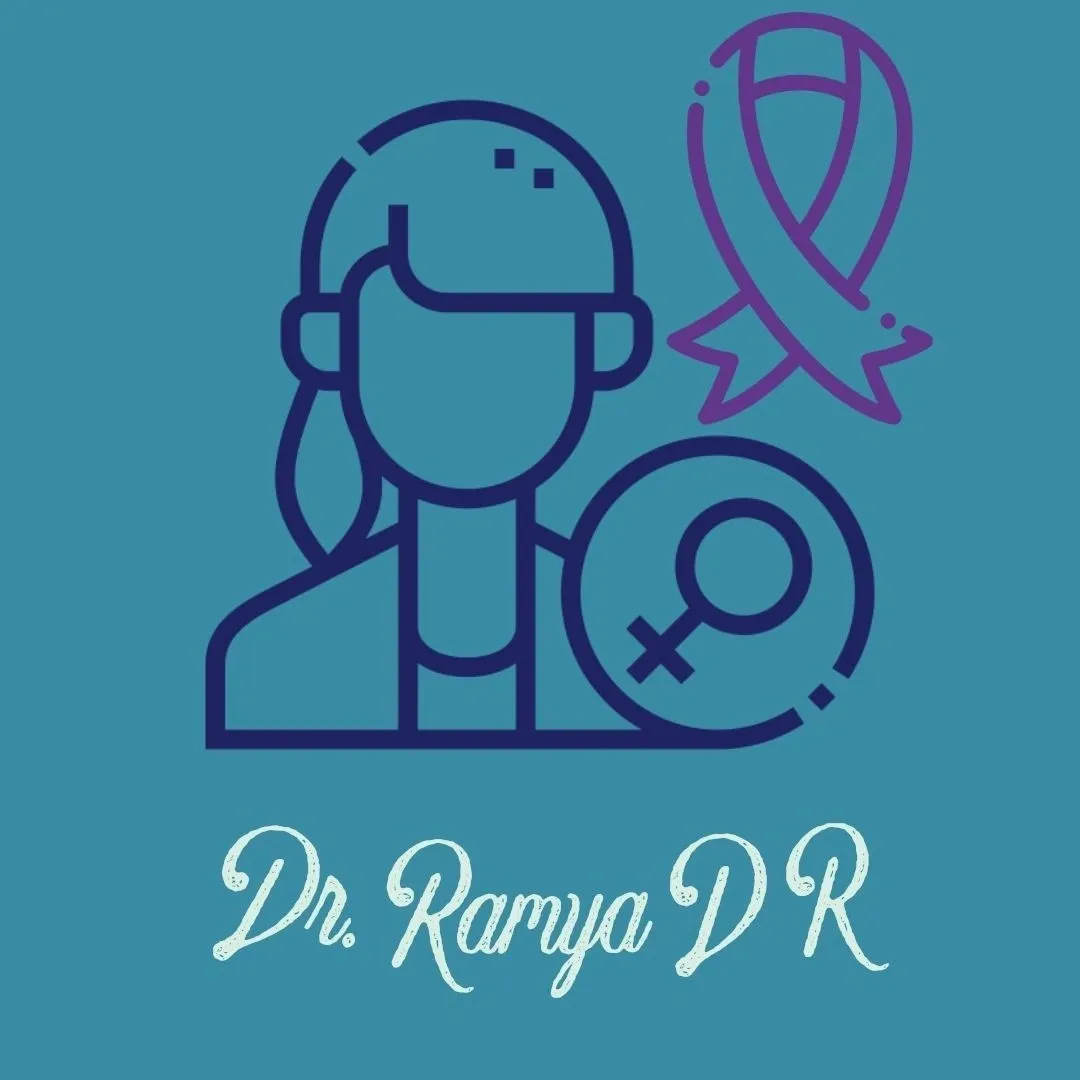
Caring Expertise
GYNAECOLOGY SERVICES

Routine services for healthy individuals
These services are for healthy individuals as a part of preventive health services.
HPV vaccination
Prevention against cervical cancer- age group 9-45yrs.
PAP smear (conventional)
Screening test for cervical cancer – beyond 21yrs of age.
PAP smear (Liquid based cytology)
Screening test for cervical cancer – beyond 21yrs of age. Advantages over conventional smear – improved diagnostic reliability and also allows for additional testing of the sample for HPV in case of abnormal report.
Annual wellness Gynae – examination
As a part of regular health check up for women.
Gynaecology services
For individuals with symptoms.
Pubertal menstrual issues
Delayed onset of puberty, delayed menarche, atypical pubertal changes, anomalies of the genital tract, irregular cycles, PCOS, pain during cycles, ovarian cysts etc..
Common gynaecological issues
Vaginal discharge, vulvar itching, burning sensation while passing urine, pain abdomen, irregular periods, heavy or light menstrual bleeding, abdominal distention, fibroids, PCOS, ovarian cysts, sexually transmitted infections etc..
Sports Gynaecology
Periods related problems in sports women.
Benign gynaecological disorders
- Fibroids
- Endometriosis
- Ovarian cysts
- PCOS
- Irregular/ heavy periods. Spotting between the periods. Absent cycles.
- Urinary tract infections.
Evaluation for complex gynae- problems
- Ascites
- Abdominal lumps
- Breast lumps
- Postmenopausal bleeding
- Ovarian cysts.
- Vulvar lesions
Menopausal issues
Irregular periods. · Hot flashes and sleep problems. · Mood changes. · Vaginal and bladder problems. · Post menopausal bleeding etc.
Specialised procedures- Colposcopy
Colposcopy, Vulvoscopy, Vaginoscopy. Colposcopy guided procedures like biopsy, cone biopsy, LEEP etc..
ONCOLOGY SERVICES

GYNAECOLOGICAL ONCOLOGY
TYPES OF CANCERS WE TREAT:
· Cervical cancer
· Fallopian tube cancer
· Ovarian cancer
· Uterine (endometrial) cancer
· Vaginal cancer
· Vulvar cancer
· Gynaecologic sarcomas
· Gestational trophoblastic disease(cancers that arise during pregnancy).
· Pre-invasive diseases of the lower genital tract
Research suggests women with a gynaecologic cancer who are treated by a gynaecological oncologist have better outcomes than those who aren’t. We aim to provide a careful blend of accurate diagnosis, surgical skill, advanced chemotherapy and compassionate care resulting in the delivery of cutting-edge clinical care.
Preventive oncology (Cancer Screening and Prevention):
Works towards prevention of cervical cancers utilizing cytology, HPV DNA testing and Colposcopy while providing outpatient-based treatment for pre-cancer (LEEP/LEETZ). We also offer vaccination services for cervical cancer prevention.
Gynaecological cancer diagnosis:
Extends to those peculiar situations like elevated tumour markers, lesions that mimic cancers and which require adequate knowledge of special tests and procedures to provide optimal treatment, neither less nor more to the patients. The use of special techniques like frozen section and other diagnostic modalities helps to preserve reproductive function and also avoid morbidity of extensive surgery. An accurate diagnosis is a prerequisite for a perfect treatment plan.
Gynaecological cancer surgery:
- We provide a range of minor surgeries to extensive radical surgeries based on the diagnosis and stage of the disease that are evidence based.
- Enhanced Recovery After Surgery (ERAS) protocols are followed for peri-operative management of patients undergoing surgery to help in early recovery and discharge even after major complex surgery.
- Radical and reconstructive pelvic and abdominal surgery.
- Conservative surgery : Surgery to cure cancer while preserving important physiological functions.
- Complex and advanced gynaecological surgery for complicated benign gynaecological cases.
- Minimally invasive surgery : minimally invasive surgical technology (advanced laparoscopic ) to locate and remove tumors that have spread in the pelvic and abdominal regions. This helps in reducing the scarring, blood loss and pain associated with traditional surgery.
- Sentinel lymph node dissections: Advanced technology to reduce the immediate and late post-operative complications associated with traditional surgery.
.
Chemotherapy:
We also offer latest innovations and state-of-the-art treatment protocols of conventional chemotherapy and approved medications like Hormonal therapy, Immunotherapy and targeted therapy for a wide range of gynaecological malignancies.
Comprehensive risk assessment:
When appropriate, we use advanced genomic testing to help determine which personalized treatment options are available for a particular patient .
Genetic testing:
Provides pre and post test counselling and genetic testing for women who are at high risk for familial cancers like ovary and uterus.
Prophylactic or preventive surgery:
We also provide risk reducing salpingo-oophorectomy / hysterectomy for women found to be at high risk for ovarian/ uterine cancer.
Fertility-sparing options:
If you decide you want to preserve your fertility, we’ll discuss with you a variety of fertility sparing health care options as early in the treatment process as possible while weighing the risks and benefits for your oncologic care. We specialise in fertility-sparing surgery and provide oncofertility options for our patients.
Gynaecologic cancers in pregnancy:
We provide management options based on standard international guidelines and preference of the patients for women diagnosed with Gynaecological cancers during pregnancy.
Sexual wellness clinic:
We help patients address physical conditions, such as pelvic floor dysfunction, and psychological challenges that may impair their sexual wellness. We provide interventions to address sexual problems in women affected by cancer and also gyn cancer survivors. We also provide Hormone Replacement Therapy (HRT) to suitable gyn cancer survivors after adequate assessment.
Pain management and integrative care::
Pain is a common early symptom of a gynaecologic cancer. We aim to provide adequate pain control to improve the quality of life of our patients. Cancer and its treatments may dramatically affect patients, both physically and emotionally. Common symptoms and side effects such as fatigue, nausea and vomiting, neuropathy, mouth sores and depression are treated with supportive care therapies.

Get in Touch
Talk to us—let’s beat this together!
